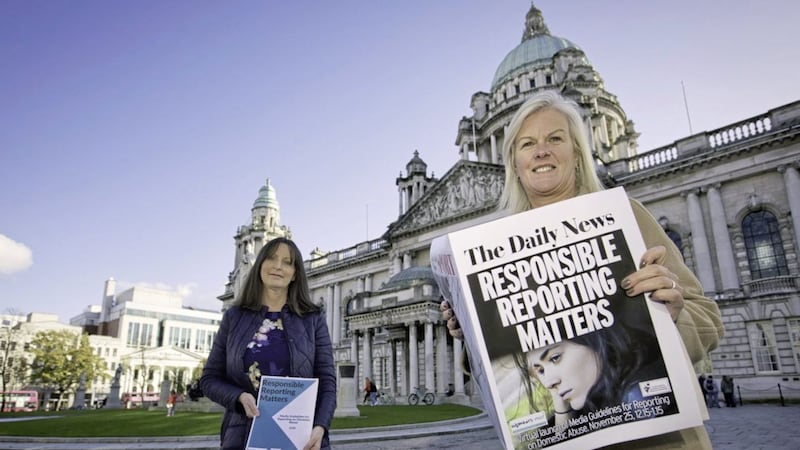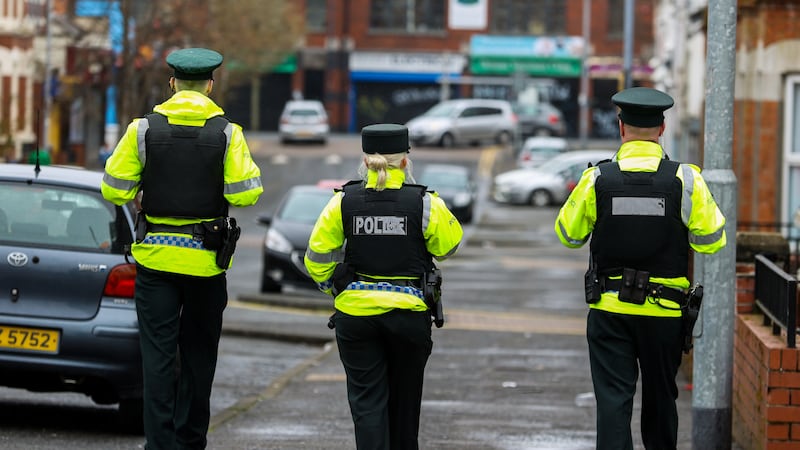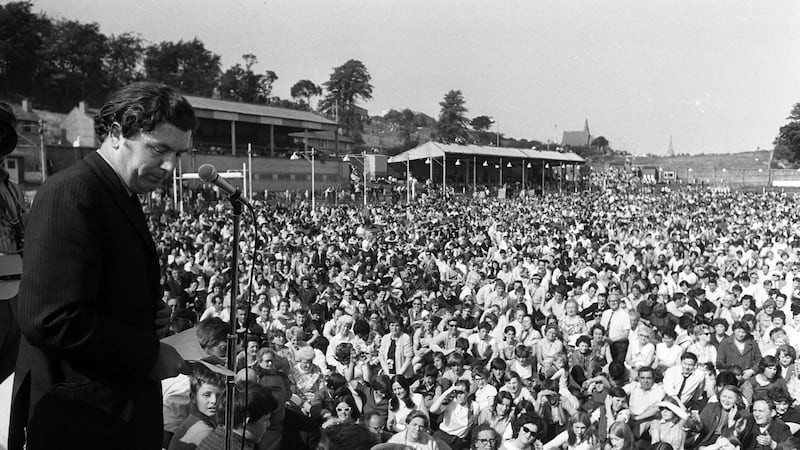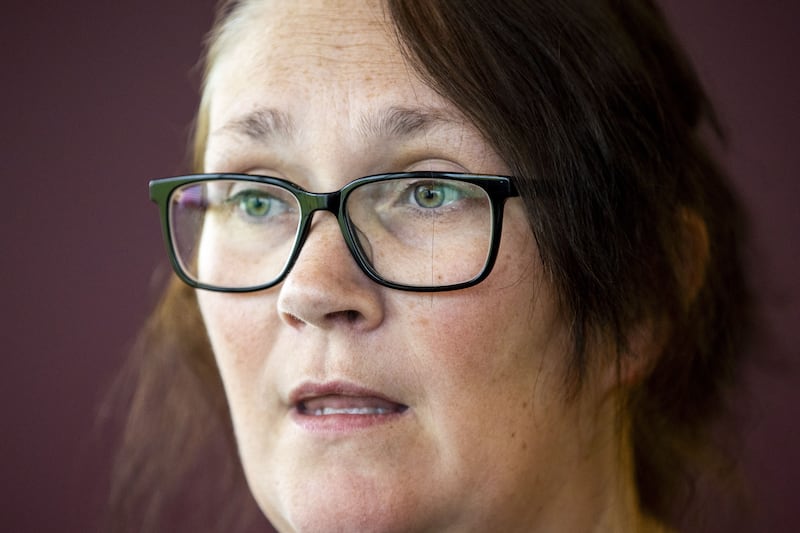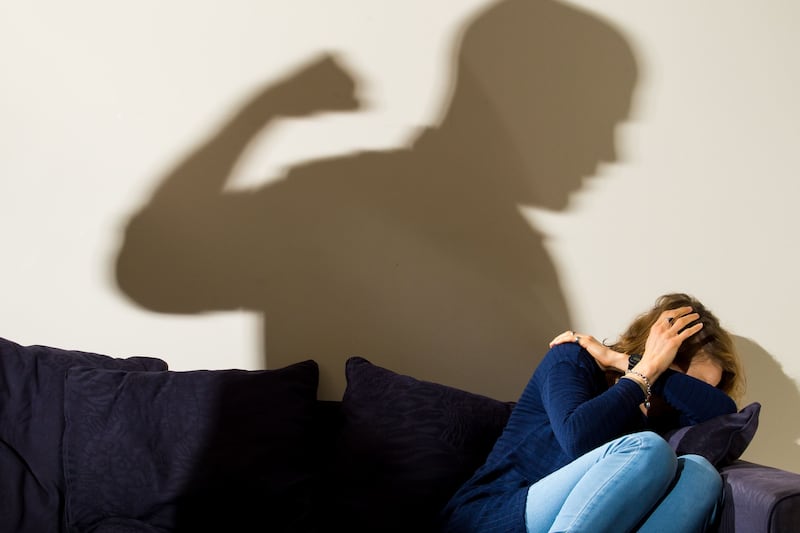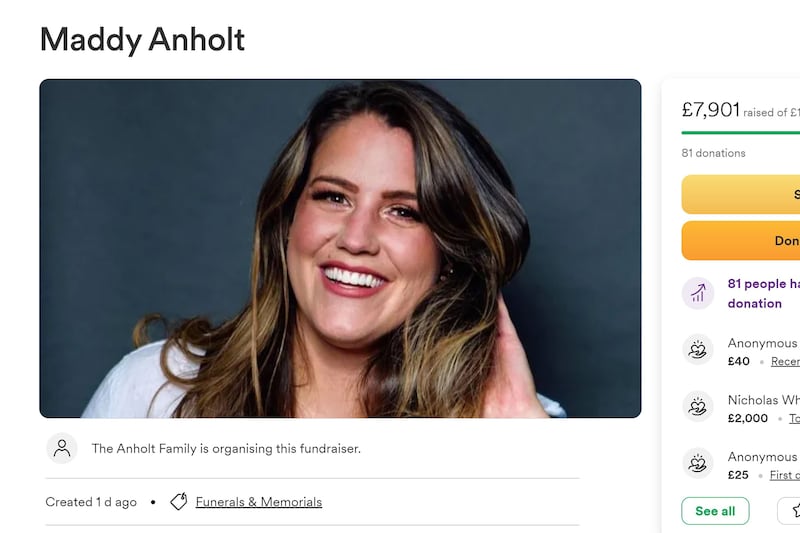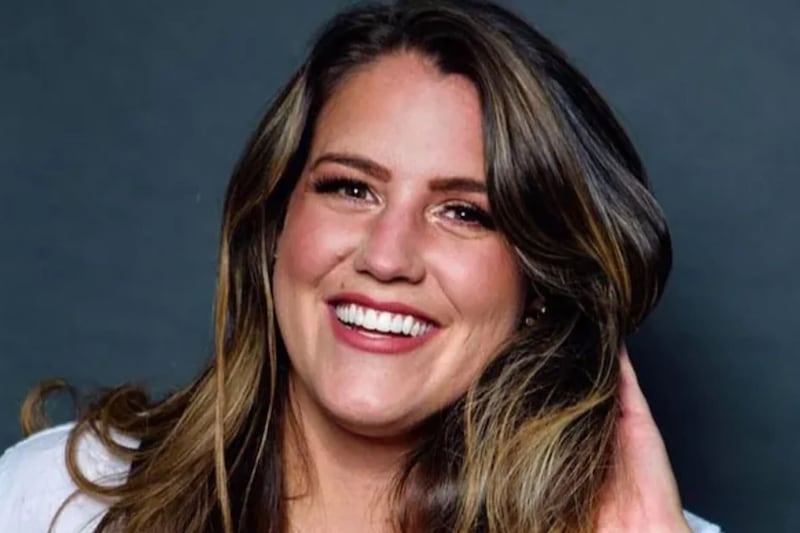GUIDELINES for media reporting on domestic abuse in Northern Ireland have been introduced.
While guidance already exists in relation to reporting on suicide, there was previously none to assist journalists writing about domestic violence.
The need for guidelines came into focus following the murder of Clodagh Hawe in August 2016.
The Co Cavan teacher was killed along with her children Liam (13), Niall (9) and Ryan (6) by her husband and their father Alan Hawe.
Initial reports describing Alan Hawe as a "pillar of the community" led to widespread criticism.
Allison Morris: Her name was Clodagh - she was a victim, her killer was not (Premium)
Women's Aid say how the media reports on domestic violence and abuse informs how society responds to it as a criminal act, and treats those who fall victim to it.
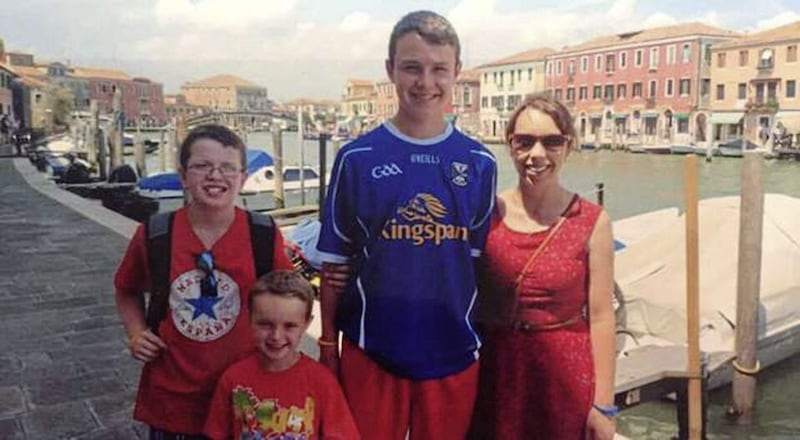
In conjunction with the South Eastern Domestic and Sexual Violence Partnership, Women's Aid NI has developed a set of guidelines for the media.
During lockdown domestic abuse has escalated, with the PSNI receiving 8,302 calls between April and June.
In one week in June, there were 727 calls in relation to domestic abuse.
Women's Aid NI chief executive officer Sarah Mason said: “The media has an incredibly important role to play and it is vital that reporting on domestic violence and abuse is done so in a sensitive and consistent manner.
“Our response to victims of domestic violence and abuse determines how that person moves forward.
“Women’s Aid acknowledges the great work carried out by the media in Northern Ireland, but we believe that by working in partnership we can ensure this growing problem is reported on responsibly."
Also speaking at a launch later this month will be Frank Mullane, founder of Advocacy After Fatal Domestic Abuse, a group set up after the 2003 murder of his sister Julia and nephew William Pemberton by her estranged husband Alan Pemberton.
Marcella Leonard, a director of Leonard Consultancy, with 30 years' experience in psychosexual therapy, child and public protection, will also speak.
In 2017 Marcella’s cousin, Connie Leonard from Co Fermanagh, was murdered by her former partner Peadar Phair, before he then took his own life.
The Irish News and BBC acted in an advisory role as the industry guidelines were compiled.
They will be sent to all news and broadcast media for use by journalists reporting on domestic abuse.
Irish News editor Noel Doran said: "There is enormous concern about the level of domestic abuse taking place across our society, and it is essential that it does not become a hidden crime during the pandemic.
"We look forward to working with groups like Women's Aid to ensure that a full spotlight is kept on the issue and our reporting of cases reflects the highest possible standards."
The Responsible Reporting Matters framework will be launched at a virtual event on November 25 to coincide with the UN’s International Day for the Elimination of Violence Against Women.
Registration is available at ndevents.co.uk/womens-aid-ni-media-event/.
